Potassium Rich Foods for Diabetics
Lots of functions in the body, some of which are essential for well-being, are dependent on potassium. Potassium's main purpose is to make sure that the acidity, basicity, and pH balance are kept normal and functioning. People should know that potassium is a mineral that is vital and necessary for the regulation of blood pressure, digestive system, and heart functions.
Even the brain and neurons function better because of the potassium. People have lots of health problems when they are lacking potassium. People who are suffering from some serious diseases have a chance of developing called hypokalemia. Hypokalemia is a medicinal name for potassium deficiency.
People who are diabetics or have someone in the family who is should make sure that they consume a lot of potassium. The pancreas gland is known to function better when there is more potassium in the system. Apart from this, potassium keeps the balance of the pH levels.
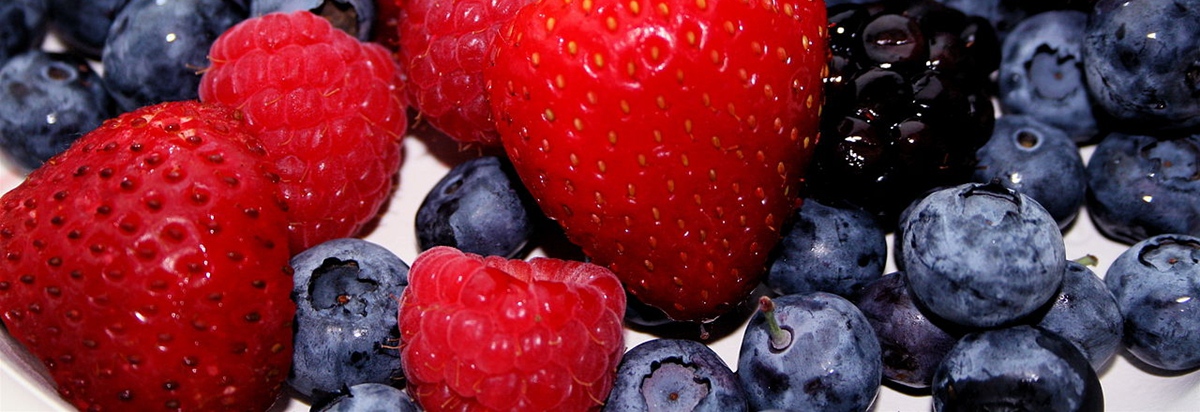
If a person lacks potassium, they may experience some inconveniences. Some of these problems include weakness, fatigue, muscle cramps, weak concentration, constipation, and even digestive disorders. People with diabetes are advised to include foods rich in potassium because it helps the pancreas to work as it should. Normal blood sugar level is also maintained because of the potassium in the system.
In addition to this, cells are more likely to rejuvenate because of the potassium. A person can increase the intake of potassium through either supplement consumption or by eating raw fruits and vegetables. Experts agree that it is way better to intake potassium via vegetables and fruits rather than supplements because it is a healthier and more natural way to increase insulin levels. Apart from this, it is not uncommon that the supplements may cause ulcers.
- We conducted this prospective study in a cohort of 904 participants with diabetes who provided 24-h urine collections from 2009 to 2015. Dietary sodium and potassium intake were estimated from 24-h urinary sodium (uNa) and potassium (uK) measurements. Additional data were collected for: 24-h urinary volume (uVol), creatinine (uCr),; serum creatinine, urea, estimated glomerular filtration rate (eGFR), glycated haemoglobin (HbA1c), fasting glucose, lipids); clinical characteristics (age, blood pressure (BP), body mass index (BMI) and duration of diabetes). Adherence to recommended dietary sodium (uNa?2300?mg/24?h (100mmol/24?h)) and potassium (uK?>?4680?mg/24?h(120?mmol/24)) intake were the main outcome measures.
- Participants (n?=?904) completed 3689 urine collections (average four collections/participant). The mean?±?SD (mmol/24?h) for uNa was 181?±?73 and uK was 76?±?25. After correcting uNa for uCr, 7% and 5% of participants met dietary sodium and potassium guidelines respectively.
- Males were less likely to meet sodium guidelines (OR 0.40, p?0.001) but were more likely to meet potassium guidelines (OR 6.13, p?0.001). Longer duration of diabetes was associated with higher adherence to sodium and potassium guidelines (OR 1.04, p?0.001 and OR 0.96, p?=?0.006 respectively). Increasing age was significantly associated with adherence to potassium guidelines (OR 0.97, p?=?0.007).
Foods that are Rich in Potassium for Diabetics
Raw vegetables and fruits are the best-known sources of potassium along with milk and cereals. Apart from these, meat, fish, and poultry also have a nice amount of potassium in them.
However, people should consume them with some other foods to maintain a good and natural acidic-alkaline balance. Apple, apricot, banana, kiwi, grapefruit, mango, melons, orange, nectarines, pear, strawberries, plums, and watermelon are some of the fruits rich in potassium.
Vegetables that contain high amounts of potassium are avocado, broccoli, cabbage, carrot, eggplant, mushrooms, peas, potatoes, and many others. Almonds, peanuts, and Brazilian nuts are known to have lots of potassium as well. Honey is another natural product rich in potassium.
- www.nhs.uk/conditions/potassium-test/
- medlineplus.gov/lab-tests/potassium-blood-test/
- Photo courtesy of Angelo Juan Ramos by Wikimedia Commons: commons.wikimedia.org/wiki/File:Summer_Fruits.jpg


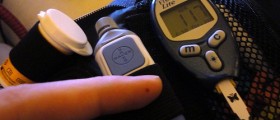
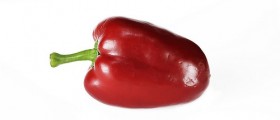
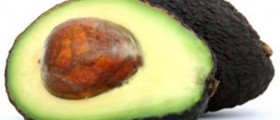

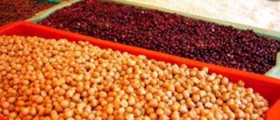




_f_280x120.jpg)


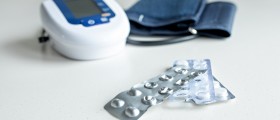


Your thoughts on this
Loading...